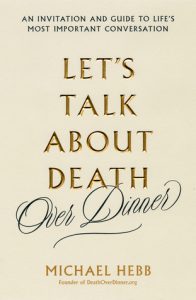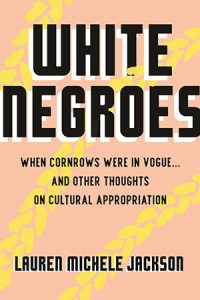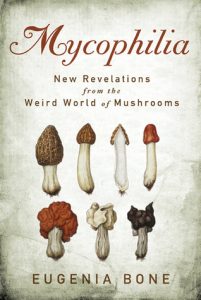 For increased mortality rates, that is. According to a mortality overview report by StatsCan for 2014-2016, the deadliest month in 2016 was December, followed by March, then February, then January (Figure 3, Seasonality of Deaths) – see how they’re all the winter months? It actually starts a bit earlier, in October & November, and stretches all the way till April – the months that had a higher average number of daily deaths than the annual average – but you can see that there’s a peak December through March. And seeing both as we’re headed into these deadly winter months as well as towards the start of our upcoming adult program, Crash Course in Death and Dying, I figure ’tis the season, then, to talk about death.
For increased mortality rates, that is. According to a mortality overview report by StatsCan for 2014-2016, the deadliest month in 2016 was December, followed by March, then February, then January (Figure 3, Seasonality of Deaths) – see how they’re all the winter months? It actually starts a bit earlier, in October & November, and stretches all the way till April – the months that had a higher average number of daily deaths than the annual average – but you can see that there’s a peak December through March. And seeing both as we’re headed into these deadly winter months as well as towards the start of our upcoming adult program, Crash Course in Death and Dying, I figure ’tis the season, then, to talk about death.
But it’s a bit of a taboo subject to bring up still, right? Or at least that’s the feeling I get whenever I do want to bring up death in conversation. So how do we start the conversation? Because it’s going to happen at some point in your life (well, if we’re talking about your death, it’s going to happen at a pretty predictable point in your life, actually: the end of it), and there are logistical matters to take into consideration even apart from the sentimental or spiritual aspect of it (e.g. what kind of funeral to hold, if holding one? how to deal with the body?), so it’s probably a good idea to think about it and write up your will & deal with your estate (with The Canadian Guide to Will and Estate Planning, 4th edition, for example) even before you start considering how close you may or may not be to your inevitable end or thinking about how to start talking to your loved ones about your choices.
And what better time to start thinking about wills & power of attorney, or advance care planning, than with the start of our program on death & dying that will cover Wills & Power of Attorney (Wed Oct 16, 7-8:30pm at the Bathurst Clark Resource Library with guest speaker Adam Giancola) and Advance Care Planning (Wed Oct 23, 7-8:30pm at the Bathurst Clark Resource Library with a guest speaker from Hospice Vaughan). Register for these talks/workshops now on Eventbrite! This has been changed into a drop-in program, so please come drop into the program!
But beyond that, I’d like to mention a few death-related materials to help you become more comfortable thinking and talking about death and dying, as well as to make it easier to initiate the topic of discussion with someone who might be otherwise disinclined to talk about it (which is not to say to force them to talk about it). This post is going to be focused more on how we can be more open in discussions about death and be more prepared for our own inevitable demise.

